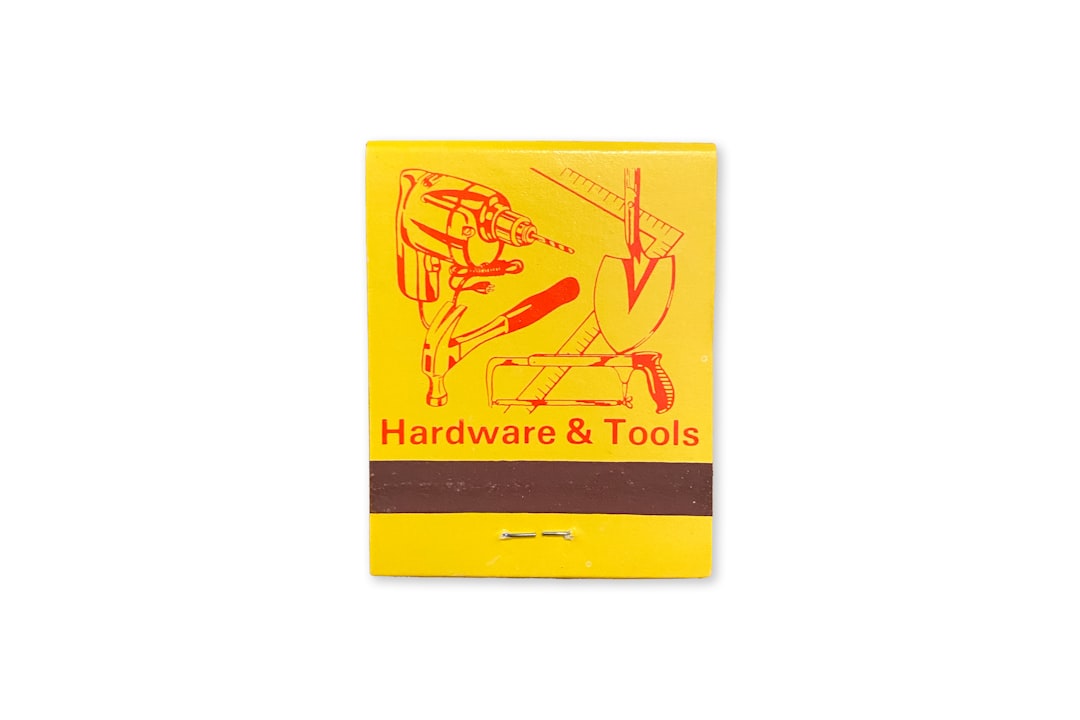For local tradespeople and handymen, establishing an online presence is no longer optional — it’s essential. Whether you’re a plumber, electrician, carpenter, or general handyman, your customers are looking for you online. But you’re likely not a web designer, and spending hours learning how to code or dealing with complicated website builders isn’t your idea of a productive afternoon. Fortunately, there are many easy-to-use website builders tailored for small businesses that can help you get up and running fast without breaking the bank or your brain.
TLDR:
If you’re a handyman or run a local trade business, you don’t need to worry about complex web development. Website builders like Wix, Squarespace, and GoDaddy offer simple drag-and-drop tools, professional templates, and integrated features tailored to small service businesses. They allow you to create a clean, functional website quickly — often within just a few hours. With mobile optimization, SEO tools, and built-in appointment scheduling, they’re designed to help you be found and booked online with minimal effort.
Why Every Local Trade Business Needs an Online Presence
Before diving into the specific site builders, it’s worth understanding why having a website matters. Most customers will turn to Google or Bing before picking up the phone. Without a website, you’re invisible to potential clients, and missing out on high-intent leads.
A basic website that explains who you are, services offered, areas you serve, contact details, and maybe a few customer testimonials can make all the difference. It establishes credibility, builds trust, and gives customers an effortless way to reach you.

Top Website Builders for Handyman & Local Trade Businesses
Let’s explore some of the most popular and easiest website builders available today, especially useful for service-based businesses.
1. Wix
Wix is one of the most beginner-friendly website builders on the market. It features a drag-and-drop interface and offers industry-specific templates – including for handymen, electricians, plumbers, and landscapers.
- Ease of Use: Very simple with intuitive controls.
- Price: Free plan available, paid plans start at around $16/month.
- Key Features for Tradespeople:
- Appointment booking tools
- Customizable contact forms
- Google Maps integration to show the areas you serve
- Mobile-responsive designs
Ideal for: Small business owners who want full control with minimal learning curve.
2. Squarespace
Squarespace is known for its sleek and modern templates, perfect if you want a professional-looking site without having a design background. While slightly less intuitive than Wix, it’s still quite easy to use even for beginners.
- Ease of Use: Slight learning curve, but solid tutorials and support.
- Price: Plans begin around $16/month, with business plans offering more features at $23/month.
- Key Features for Tradespeople:
- Strong mobile experience
- Built-in SEO tools
- Online appointment scheduling via Acuity integration
- Great image galleries to showcase past work
Ideal for: Professionals who want their website to stand out visually, such as designers, landscapers, or tradespeople with a design-savvy clientele.
3. GoDaddy Website Builder
GoDaddy has really stepped up its game in recent years, offering a website builder that’s fast, responsive, and loaded with business-focused features.
- Ease of Use: One of the fastest ways to get online — users can publish a website in under an hour.
- Price: Starts at around $10/month.
- Key Features for Tradespeople:
- 24/7 customer support
- Built-in contact forms and social media integration
- Email marketing tools to reach out to past customers
- Automatic mobile optimization
Ideal for: Local business owners who want a quick online solution and reliable customer support.
4. Weebly (by Square)
Weebly is a no-frills website builder that’s incredibly easy to use and ideal for businesses on a shoestring budget. It’s now owned by Square, which means it integrates beautifully with payment solutions.
- Ease of Use: Very beginner-friendly. Drag and drop elements.
- Price: Free plan available. Paid plans begin around $6/month.
- Key Features for Tradespeople:
- Simple contact and quote request forms
- SEO and analytics built-in
- Works smoothly with Square for payments
Ideal for: Side-hustle handymen, solo contractors, or small-scale businesses just starting out.

5. WordPress with Elementor or Divi
If you’re slightly more tech-savvy or want more flexibility, WordPress paired with a builder like Elementor or Divi is a powerful choice. Though not as turnkey as Wix or Squarespace, this solution gives you the most control long-term.
- Ease of Use: Moderate; takes some time to learn plugins and themes.
- Price: Free core, but hosting and builder tools may add up (~$3–$15/month for hosting + plugin costs).
- Key Features for Tradespeople:
- Thousands of professional themes and plugins
- Endless customization options
- Appointment scheduling plugins
- Great for scaling in the long run
Ideal for: Businesses ready to invest time into learning tools in exchange for full customizability and control.
Features to Look for in a Handyman Website Builder
Regardless of the builder you choose, there are certain must-have features that are particularly useful for local trade professionals:
- Mobile Responsiveness: More than half of users search from their phones.
- Contact Forms: Ensure clients can easily reach out with service requests.
- Local SEO Tools: Helps your site appear for searches like “plumber near me.”
- Appointment Scheduling: Lets customers book without a phone call.
- Photo Gallery or Portfolio: Visual proof of your past work builds trust.
Final Thoughts
Choosing the right website builder comes down to your technical comfort level, budget, and long-term goals. For the average handyman or local trade professional, tools like Wix or GoDaddy offer the easiest path to a professional and effective site. If branding and design are priorities, go with Squarespace. If you’re rolling up your sleeves and want full control, embrace WordPress.
Whichever you choose, remember this: having a website is like having your business card online — but better. It works for you 24/7, showcases your skills, and brings in new jobs. In today’s world, that’s not just helpful — it’s essential.


